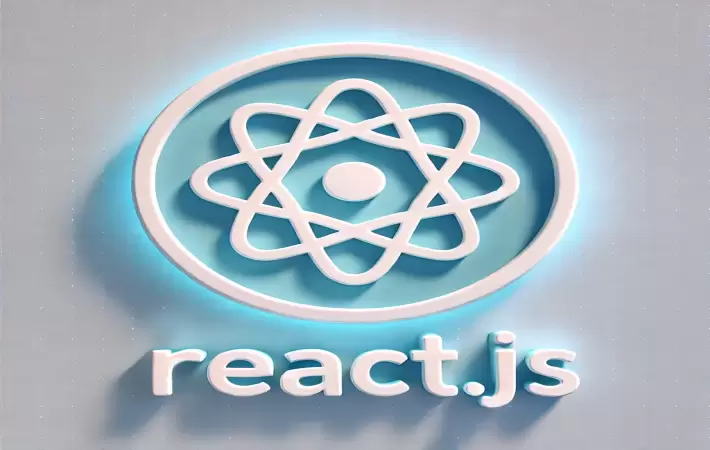- Home
-
- Program
-
- MERN STACK PROGRAM
REACT
This module focuses on React, a powerful front-end JavaScript library used to create dynamic and interactive user interfaces. Students will learn state management, component architecture, and integration with back-end services. The module includes 2-3 assessments, coding practice, and mock interviews.
 Bestseller
Bestseller
0 students
